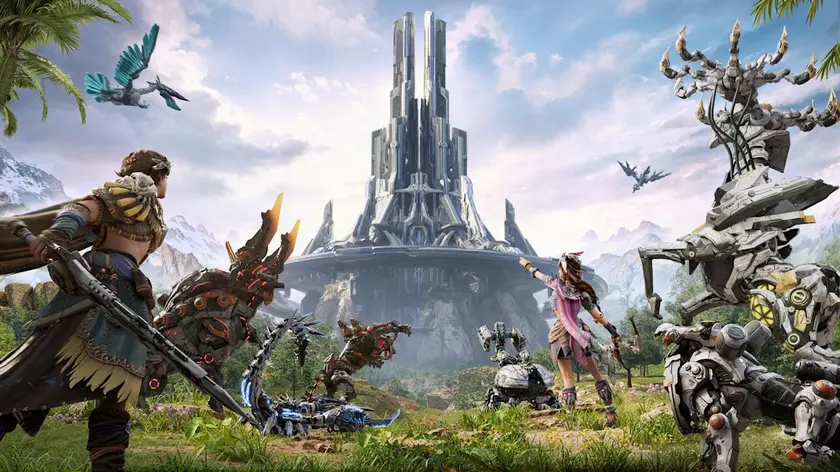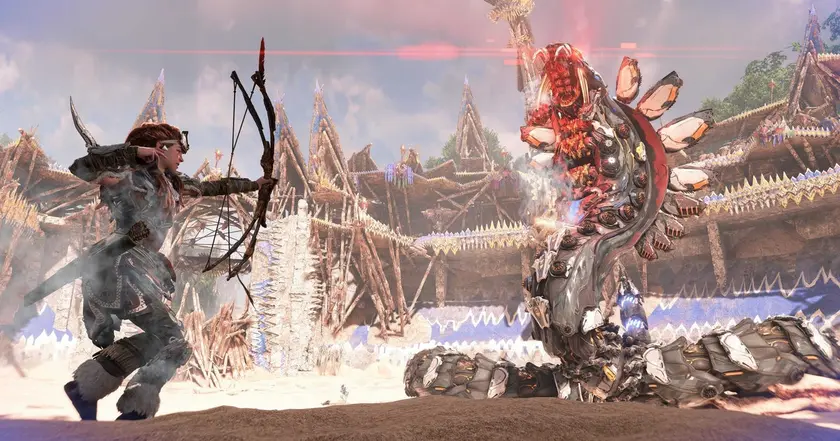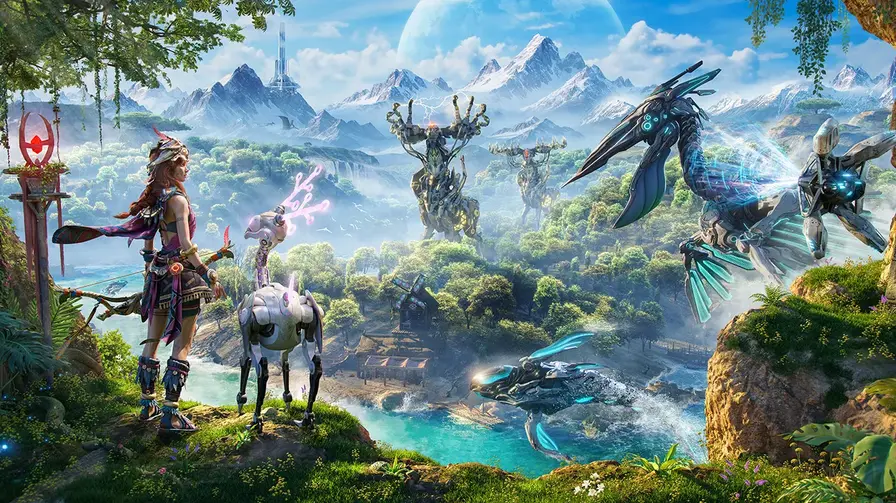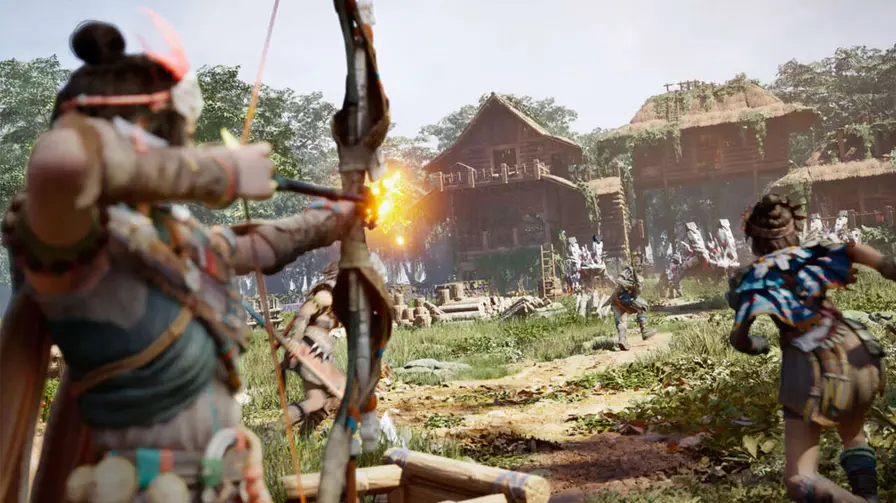T4K3.news
Sony sues Tencent over Horizon copycat Light of Motiram
Sony files a copyright and trademark lawsuit against Tencent, alleging Light of Motiram copies Horizon and seeking damages and material destruction.

Sony sues Tencent alleging Light of Motiram copies Horizon, triggering page updates and a 2027 release plan.
Sony Sues Tencent Over Horizon Copycat Light of Motiram
Sony filed its lawsuit on July 25, accusing Tencent of copyright and trademark infringement in Light of Motiram, arguing the game copies Horizon in look and feel and risks misleading players into thinking it is related to the Sony IP. The filing seeks damages and an injunction to block release.
Spotted by The Game Post, the Light of Motiram Steam page was overhauled with new artwork and different screenshots, and the description shifted away from direct Horizon parallels. The page now lists a planned release in the fourth quarter of 2027, while Sony aims to stop the title and destroy its materials. The dispute also recalls a reported pitch by Tencent to license Horizon IP, which Sony reportedly declined.
Key Takeaways
"Sony's filing says Horizon copying is so blatant that the public has described it as "crazy", "insane", and "shameless"."
Direct quote from Sony's allegations.
"Sony argues Tencent is trying to trick customers into thinking Light of Motiram is the next Horizon entry."
Claim in the lawsuit.
"Sony now seeks $150,000 in damages and access to all the game's materials so they can be destroyed."
Relief requested in the filing.
"The Light of Motiram Steam page was updated with new art and a 2027 release window."
Page revision noted in coverage.
This dispute spotlights how IP battles shape game design and marketing. The line between inspiration and imitation is thin, and lawsuits can chill creative risk if studios fear litigation over shared tropes. Yet strong IP protection can also deter imitators and protect brand value in crowded markets.
Public reaction and platform strategy will influence the outcome. If fans see a clone, trust in the platform and the creators may waver, and investors could pressure faster differentiation or stronger safeguards. The case may push studios to rethink how they develop worlds that feel fresh while nodding to existing franchises.
Highlights
- Copying Horizon openly is a risk to every studio that values trust
- A clone game harms players more than it helps publishers
- This case could redefine how open worlds are protected
- Public reaction will shape the outcome more than the court's ruling
Intellectual property litigation and public reaction risk
The case raises questions about IP protection in open world game design and could provoke backlash from fans and investors if perceived as heavy handed or excessive. It also tests how platforms respond to clone-like projects in a crowded market.
The outcome could redefine how the industry guards open worlds against imitators.
Enjoyed this? Let your friends know!
Related News

Sony files lawsuit against Tencent over game similarities

Sony sues Tencent over Horizon Zero Dawn similarities

Sony files lawsuit against Tencent over Light of Motiram

Sony files lawsuit against Tencent over Horizon game

Sony files lawsuit against Tencent over game clone

Sony Files Suit Against Tencent for Copyright Infringement

Sony files lawsuit against Tencent

Light of Motiram Steam page updated
